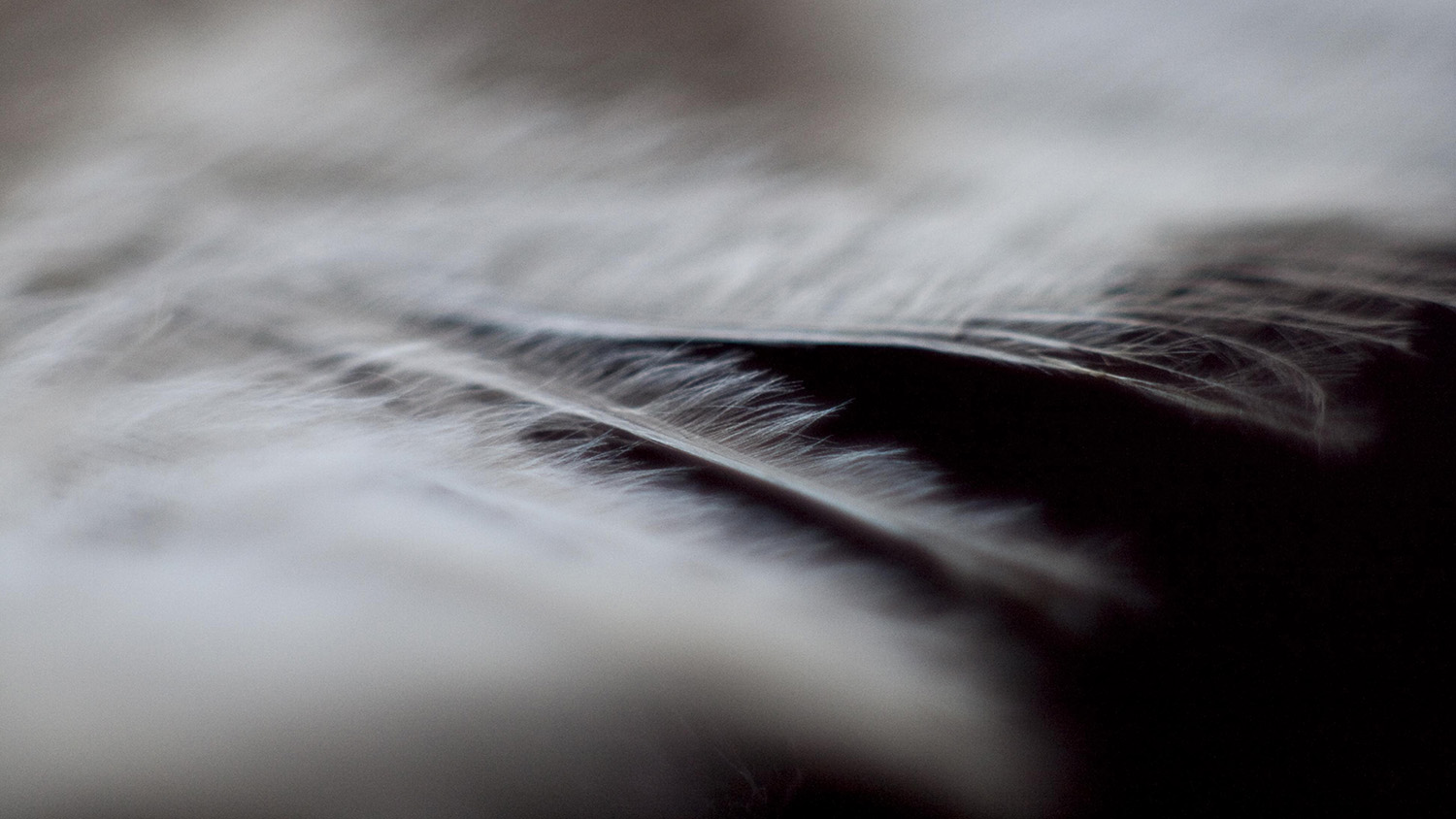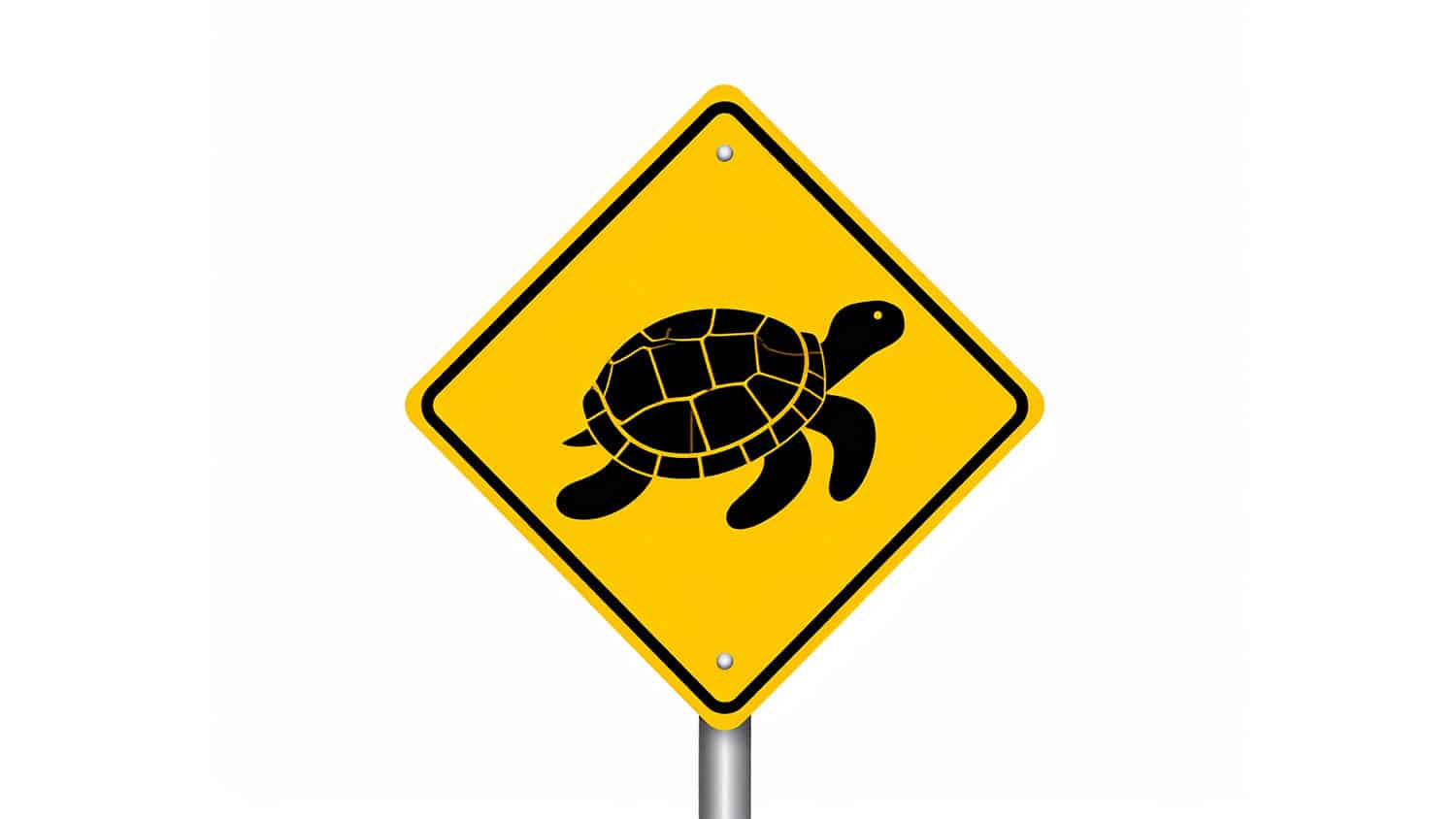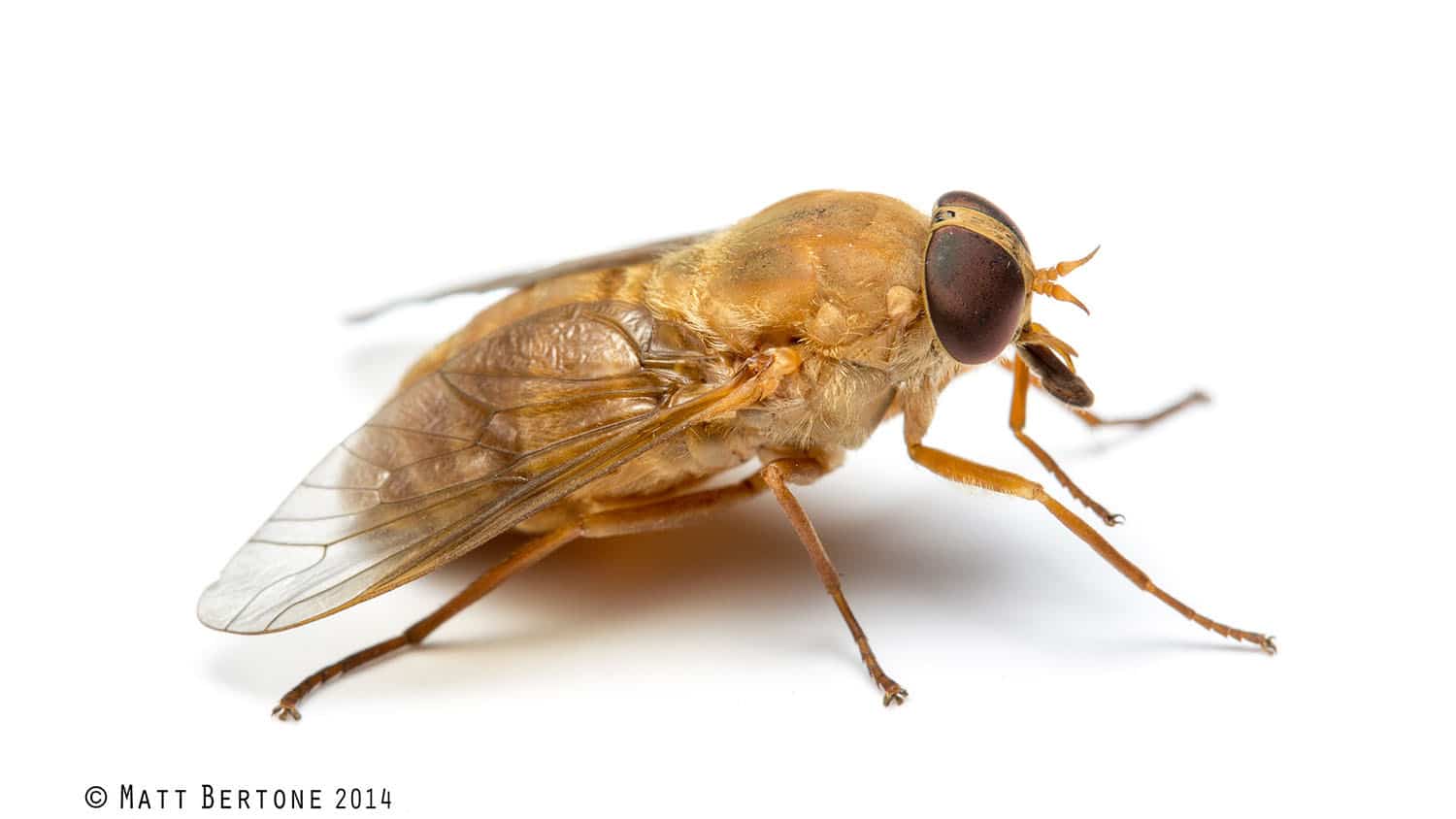Poetry Is a Thing With Feathers

Editor’s Note: This is a guest post by Laura Severin, a professor of English and head of NC State’s Department of English. Her scholarship focuses on poetry, and we could think of no one finer to help us celebrate poetry on World Poetry Day. The title of the post refers to Emily Dickinson’s “Hope” is the thing with feathers –. You can find two other posts related to NC State and World Poetry Day here.
Along with music and dance, poetry is one of the old arts. It walks with us through history, always present, whether we are aware of it or not.
No doubt this is because of poetry’s general usefulness. And yes, I say useful on purpose (against the “art for art’s sake” crowd), because it is needed for so many reasons.
In an era where mindfulness is all the rage, it is the original teacher of mindfulness. Think of William Carlos Williams’s charming poem “This is Just to Say,” in which the narrator apologizes for eating the plums from the refrigerator: “Forgive me / they were delicious / so sweet / and so cool.” Who could ever again eat a plum thoughtlessly?
Poetry celebrates joy, often in our natural environment. There is my mother’s favorite Wordsworth poem, “I Wandered Lonely as a Cloud,” that produced a photo of a grumpy five-year old (me) among “a host, of golden daffodils,” seemingly a failure for poetry. But Wordsworth’s poem told it true that I would have to wait decades for the memory of those daffodils to “flash upon that inward eye”: “And then my heart with pleasure fills, / And dances with the daffodils.” The daffodils and the poem weren’t for the five-year-old me; they were for the sixty-year-old me.
Poetry, of course, is also the stuff of love. Today, Elizabeth Barrett Browning’s “I love thee to the depth and breadth and height / [m]y soul can reach” can seem a bit extreme. But how would you feel upon finding the love of your life at thirty-nine, and after nearly dying? And then that love takes you away from your tyrannical father and the cold rain of London to live in the sunshine of Florence? Her poem suggests that sometimes life gives us excesses beyond our dreams.
And poetry has its civic purpose. It is with poetry, not prose, that presidents are inaugurated. Who can forget Maya Angelou’s “On the Pulse of Morning” at Clinton’s 1993 inauguration? Her poem is an aubade, a morning poem that promises new beginnings, yet its words suited the icy January: “You, created only a little lower than / The angels, have crouched too long in / The bruising darkness.”
But perhaps poetry has always been most needed for its powers of healing.
Of course, poetry can’t cure. Poets know this. Emily Dickinson told us that “microscopes are prudent.” But poetry teaches that the ailing body cannot be transcended – that healing must come through the body. We are all animals whose life depends on our own poetry of the heartbeat.
It is the poets who teach us how to accept the seemingly unacceptable. One of the most courageous poems I know is contemporary Scottish poet Valerie Gillies’s “Golden Breast,” about her own experience with breast cancer. It starts with a doctor’s words, “’Say goodbye to your breast,’ she said, ‘for tomorrow it will be gone.’” And the rest of the poem, I won’t spoil it for you, describes how one says goodbye to a body part.
And poetry is there to console us even in the face of death.
W.H. Auden’s “Funeral Blues” or “Stop all the clocks” is one of the best, though it has an odd history. Originally a five-stanza satire written for the play The Ascent of F6, it underwent major revision when Auden lopped off the last three stanzas and replaced them with the two poignant stanzas we know today.
In the otherwise unremarkable film Four Weddings and a Funeral, Scottish actor John Hannah resurrects “Stop all the clocks” as an affirmation of gay identity that, at the same time, expresses the universality of grief: “He was my North, my South, my East and West, / My working week and my Sunday rest, / My noon, my midnight, my talk, my song; / I thought that love would last forever; I was wrong.”
What is it about this stanza that is so satisfying? Not the words—they are devastating. It is the use of repetition that soothes, in spite of itself, like a lullaby.
But poetry doesn’t just heal individuals; it has the power to heal cultures. One thinks of Walt Whitman’s “Reconciliation,” written about the Civil War: “Word over all, beautiful as the sky!”
This is where we need the healing help of poetry more than ever. We use words now with a frightening carelessness. We all-too-often say, “I could just kill X for X reason.” Our children are damaged by the toxicity of words that tell them they aren’t smart enough, or pretty enough, or don’t wear the right clothes. Some of them even kill themselves over these words.
Poetry teaches us to weigh our words carefully or suffer the consequences. Angelou chides us to do better: “[You] Have lain too long / Facedown in ignorance, / Your mouths spilling words / Armed for slaughter.” Dickinson reminds that we risk not only the present moment but the future as well: “Infection in the sentence breeds / We may inhale Despair / At distances of Centuries / From the Malaria—“
Let us look to the poets. They have our medicine at hand.
One additional note: NC State’s English department celebrates World Poetry Day and National Poetry Month each Spring with a reading by a renowned poet and a poetry contest, open to the public. This year’s speaker was Ada Limón and the poetry contest winner is Arielle Hebert, from Cary, NC, for her poem “Bottom Feeders.” Check out the NC State Creative Writing website for future events in our popular Speakers’ Series.
- Categories:


